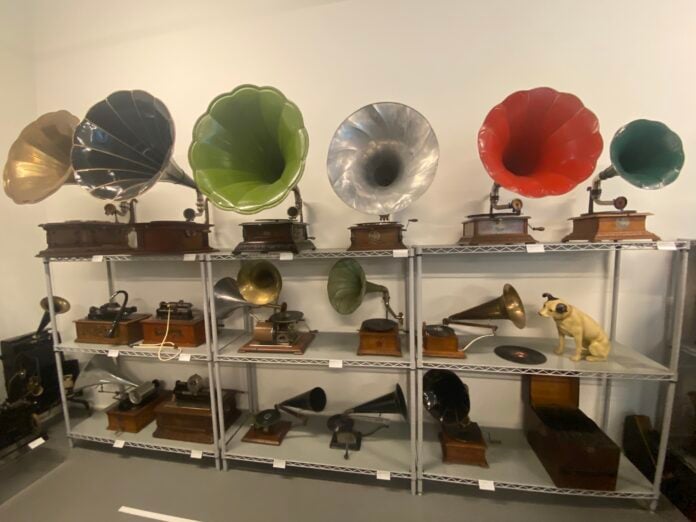The Museum of Mechanical Music is a one-of-a-kind love letter to the history of mechanical musical instruments. This fascinating private collection showcases instruments that embody the ingenuity of the past, when music required a physical interaction to come alive, ranging from music boxes to player pianos. The museum includes more than 600 items from the 1800s to the 1930s. What is most amazing of all is that each instrument is still in working order! Located only 47 km southeast of central Lisbon, the Museum of Mechanical Music is the only museum of its kind in Portugal and makes for an inspiring journey back in time.
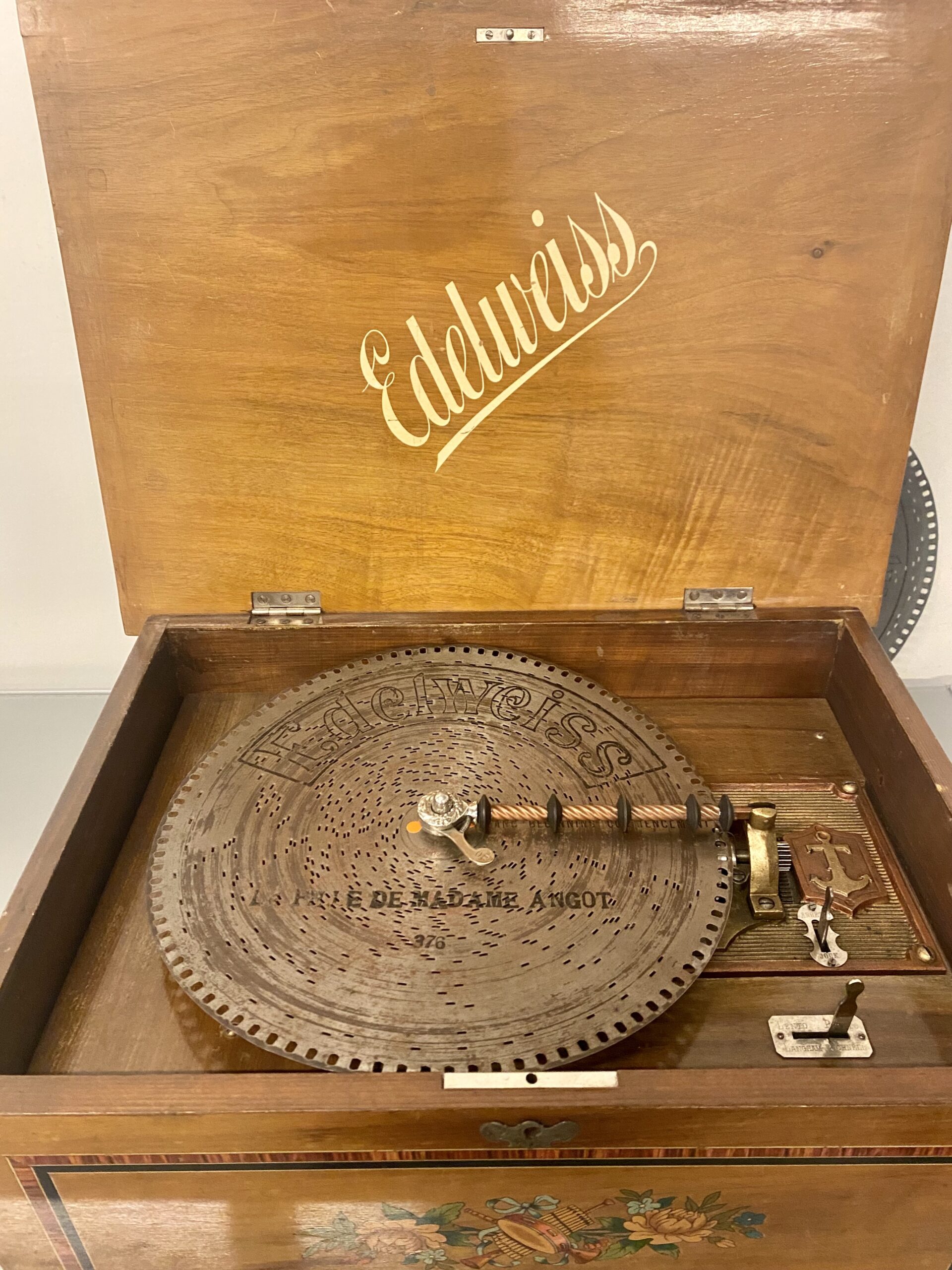
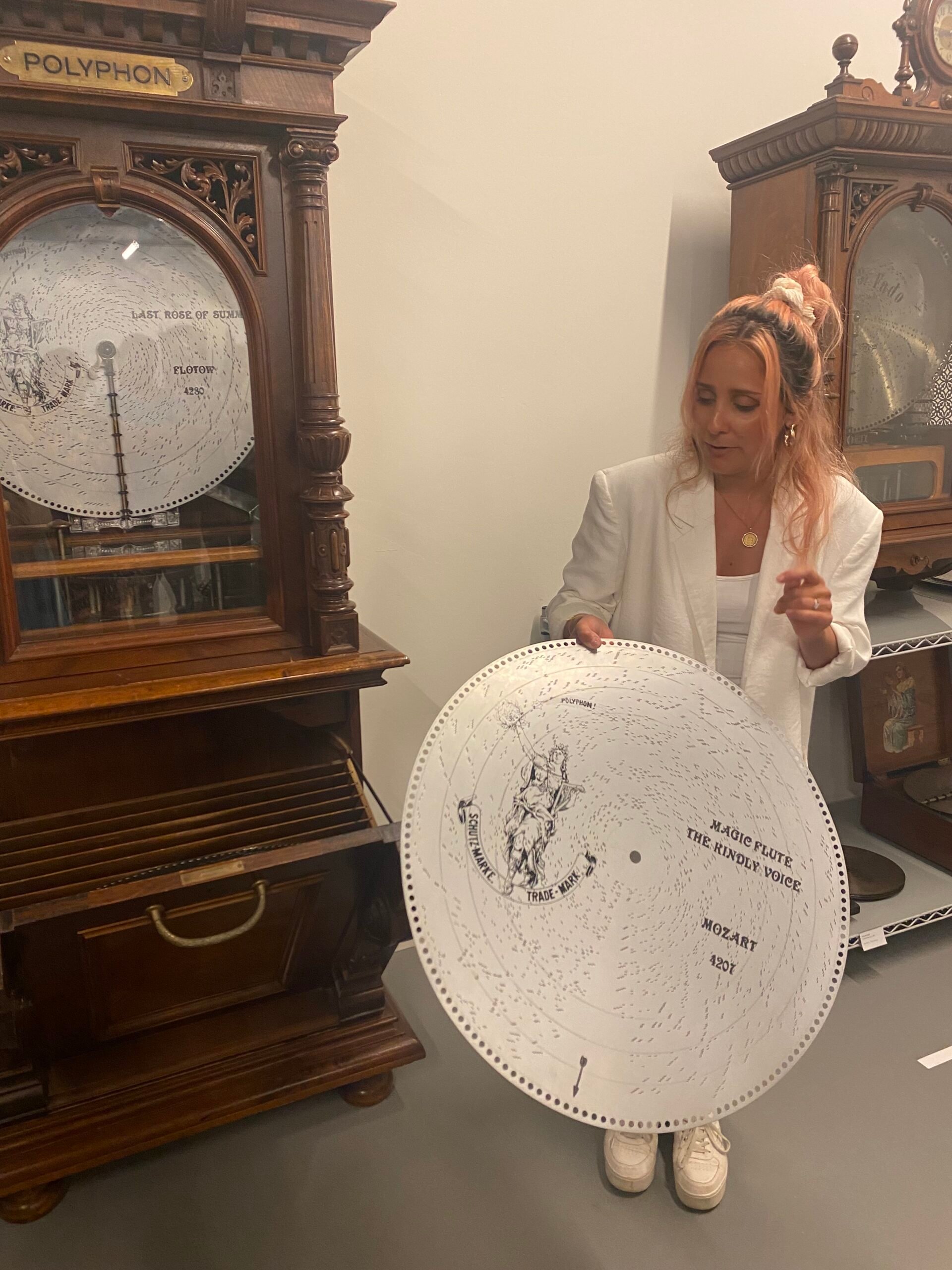
History
The Museum of Mechanical Music wouldn’t exist without its founder – Luis Cangueiro. Born in Prado Gatão, he served as one of the founders of the Photographic Society of the Students’ Union, directed the Faculty’s choir, became a cavalry lieutenant in 1969, and was ultimately appointed as a professor at the School Emidio Navarro in Almada. His fascination with music started at an early age when he would play the Ariston organette at home, one of his family’s treasures. Fond memories of the organette eventually led to Cangueiro acquiring the first piece of his collection in 1986.
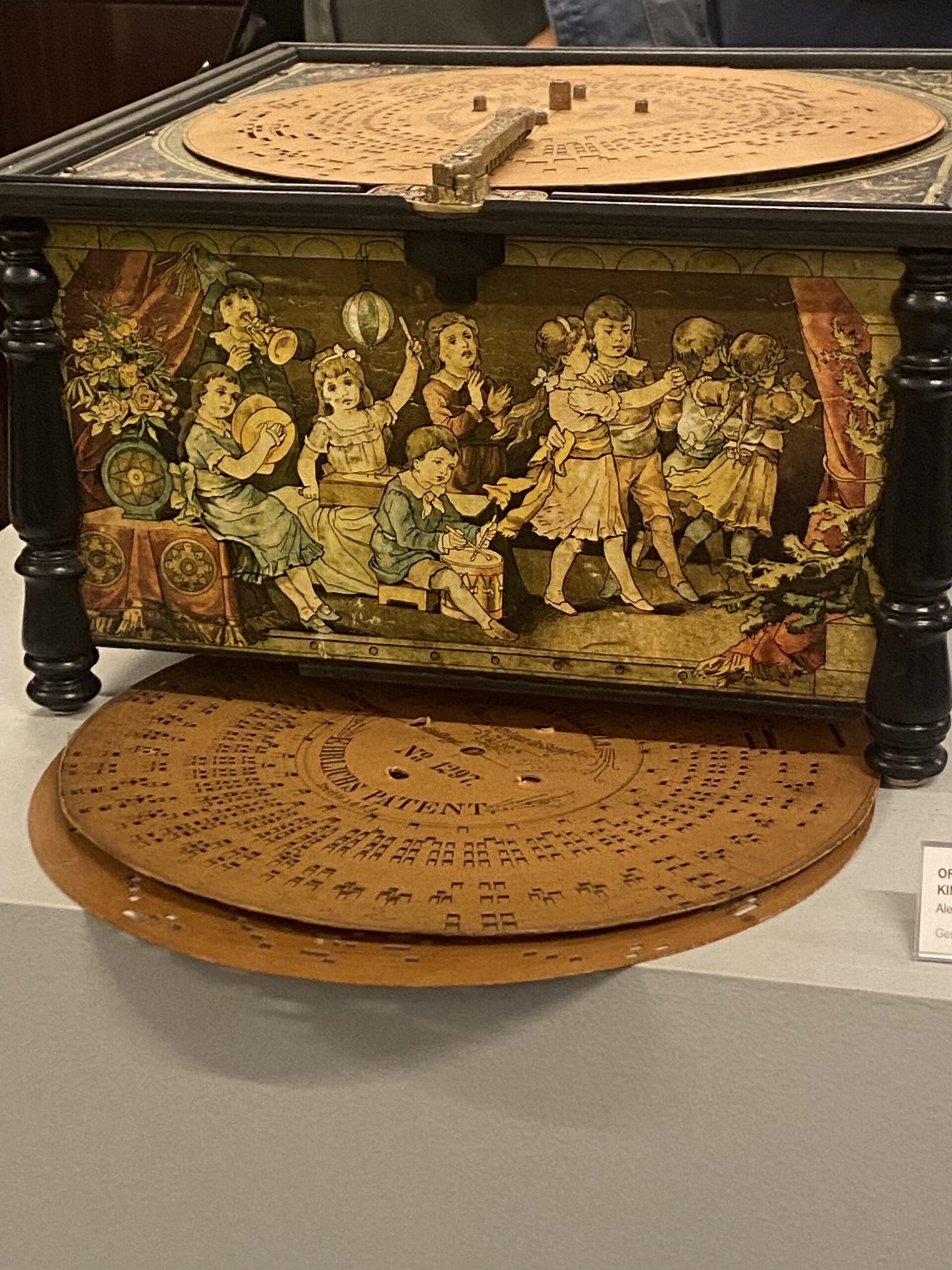
Thirty years after he bought his first mechanical instrument, Cangueiro opened his private collection to the world, with the opening of the Museum of Mechanical Music on October 4, 2016 in Pinhal Novo, Palmela. Combining his interest in antiques with his enthusiasm for the mechanical systems and the sounds they produce, Cangueiro eventually collected instruments from a wide variety of mechanical music. These include the zither, Limonaire Frères organ, manopan, Spencer autopiano, and a Seybold, to name only a few of the over 600 instruments in Cangueiro’s collection. To be able to hear these devices play the same music as they did 100 years ago, from the older wooden instruments to the newer metal cylinders, is truly an extraordinary privilege and a fascinating window into a distinct musical culture.
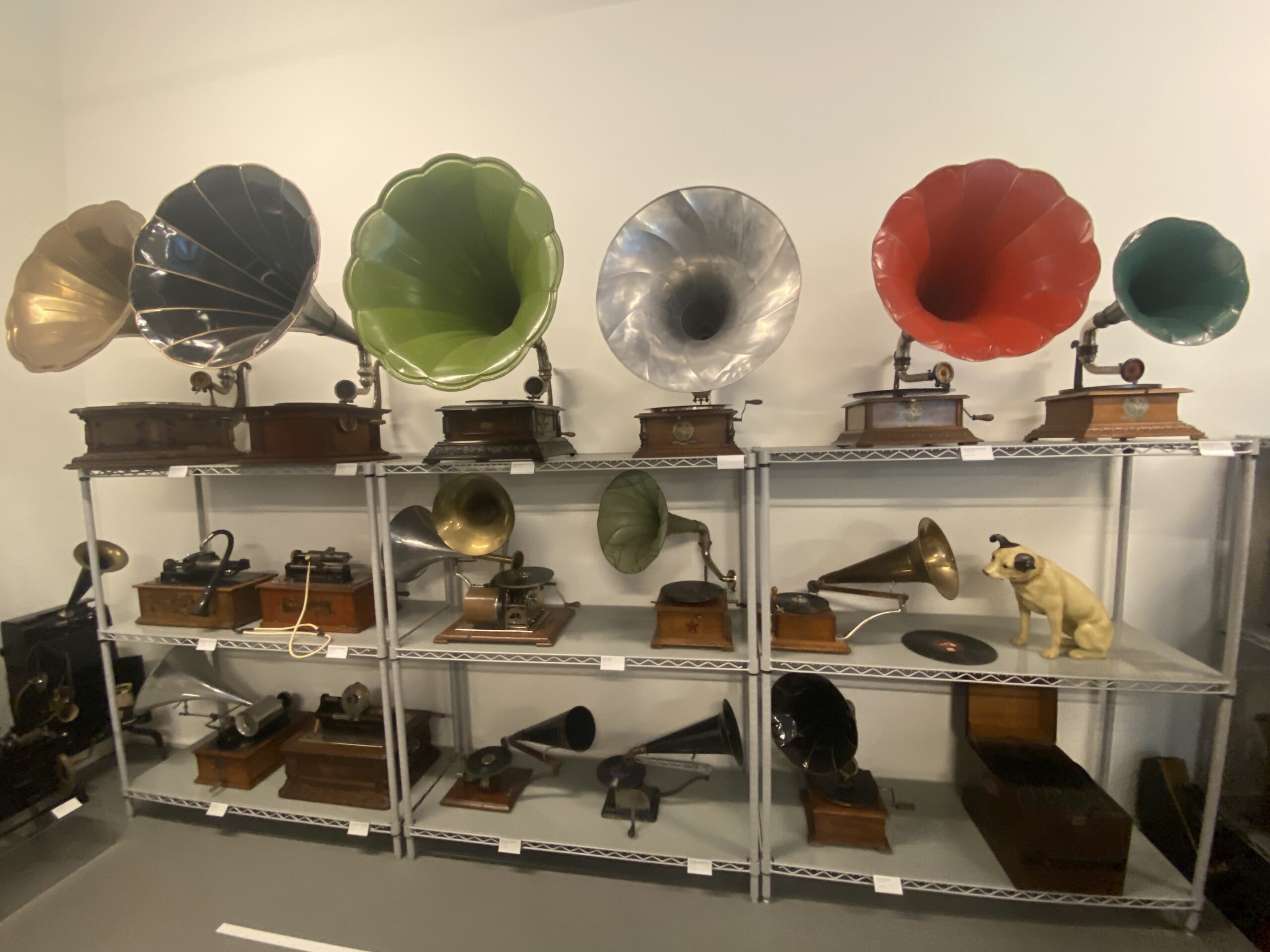
If you’ve never heard of any of these instruments, don’t worry! This just means you will learn a lot when you pay a visit to this museum!
Architecture
While the mechanical instruments steal the show, the Museum of Mechanical Music’s architecture is also a highlight. Designed by architect Miguel Marcelino, the museum’s enclosed structure with no windows draws a fascinating parallel to a music box, inviting visitors to discover its treasures within.
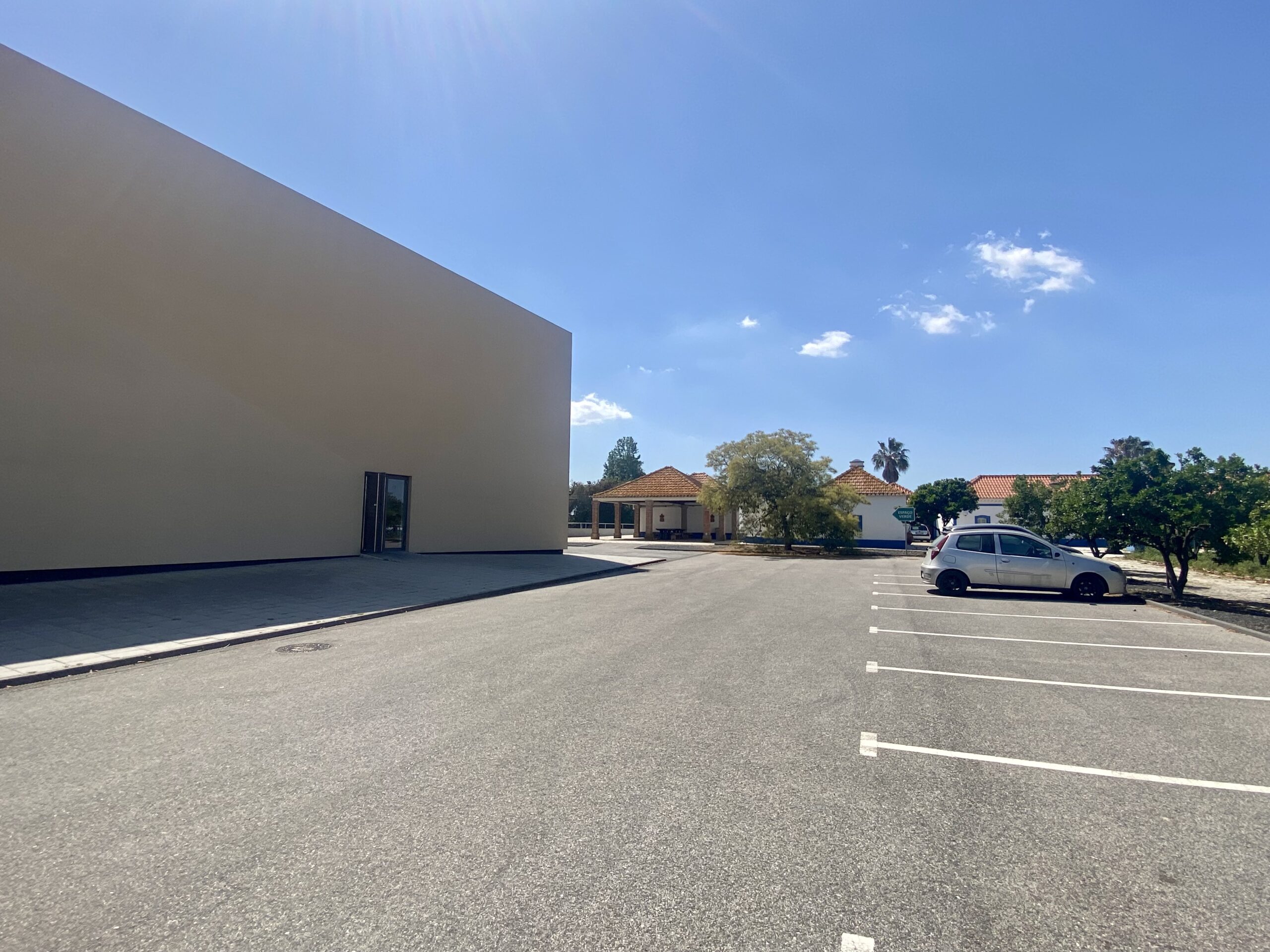
The wide array of mechanical instruments is displayed across 1,020 square meters in five exhibition galleries: Poente, Nascente, and Sul. All of the galleries are built around a central courtyard. By attending the tour, you can watch as a guide cranks, winds, and “plays” numerous instruments with the help of mechanical devices built into each instrument. If you’re lucky, you may even get owner and founder Luis Cangueiro as your guide!
A staircase and elevator lead to a 70-seat auditorium, document room, and a multipurpose room. Both the auditorium and the multipurpose room can be rented out for private functions including workshops, business meetings, and even birthday parties! If you are interested in booking these rooms, contact [email protected] for more information.
How to Get to the Museum of Mechanical Music
Rua dos Alegrias, Quinta do Rei, Arraiados, 1955-281, Pinhal Novo, Palmela
Located in the charming town of Pinhal Novo, the museum is easily accessible by both public and private transportation. Visitors can take a train from Lisbon at Campolide Station to Pinhal Novo, followed by taking the 4521 bus towards Arraiados (R Comerciantes) or a short taxi ride to the museum. If you drive from central Lisbon, it will take you about 40 minutes to reach Pinhal Novo. The museum has a good amount of parking available.
Visiting Times & Tickets
The Museum of Mechanical Music welcomes visitors year-round, but it is only open on Saturdays, Sundays, and National Holidays from 3 pm to 6 pm with a musical guided tour at 3:30 pm. Be sure to arrive in time for the tour as it is the only way to see the instruments play music. Last admission is at 5:30 pm. Groups can tour the museum by appointment from Tuesday to Friday, from 9:00 am to 1:00 pm and 2:00 pm to 6:00 pm.
Tickets
Normal ticket – 6 €
Seniors (65+ years) – 5 €
Children and teenagers (until 18 years old) – 3.50 €
People with disabilities – 3.50 €
Family ticket (2 adults + 2 children or 1 adult + 3 children) – 16.00 €
Children from 0-2 years old – Free
International cards are not accepted. An ATM is available on site.
Final Thoughts
If you get arrive to the museum early and are waiting for the tour to start, you can go for a walk behind the museum, say hello to the horses, and check out the small garden.
Also, if you would like a preview of some of these amazing mechanical devices, you can go to the museum’s website and listen to 26 different instruments. Let the music from the past and the curation of a passionate collector inspire you in Pinhal Novo!

